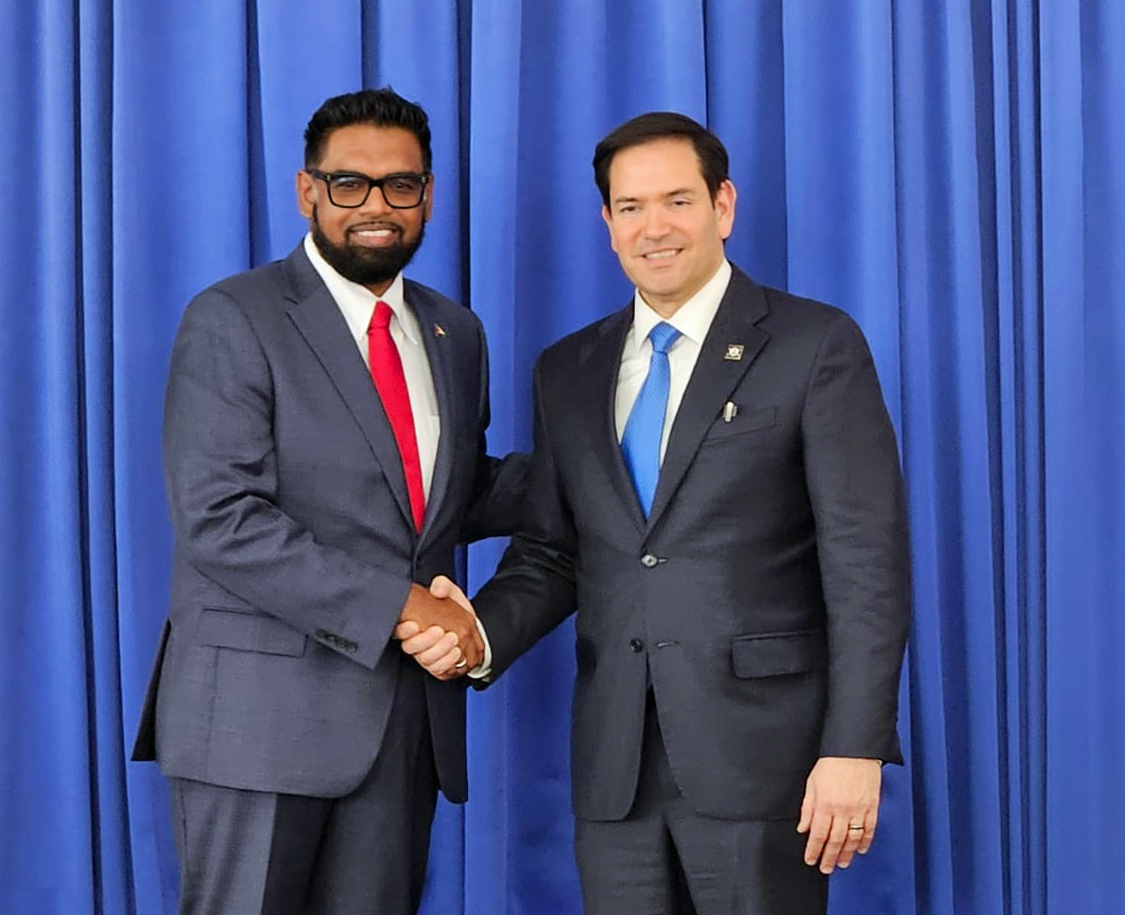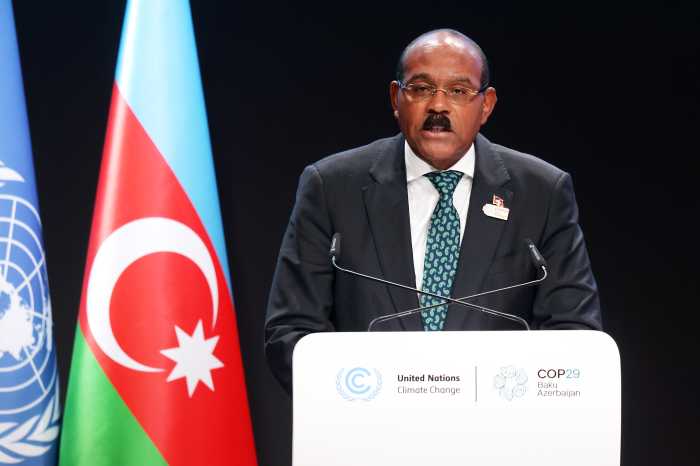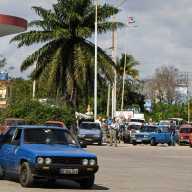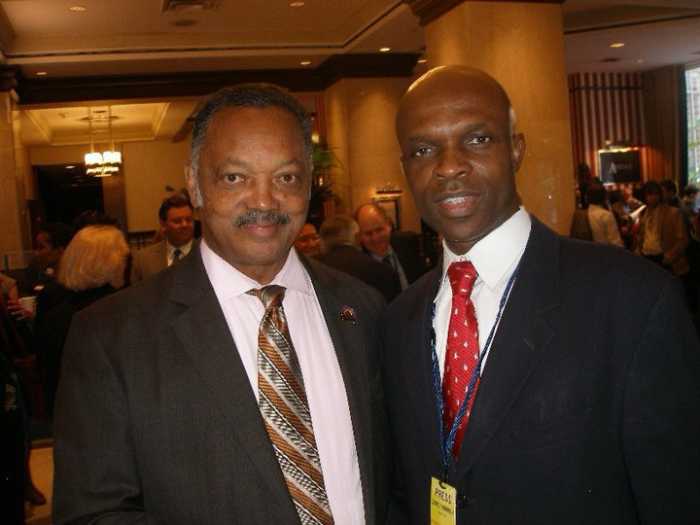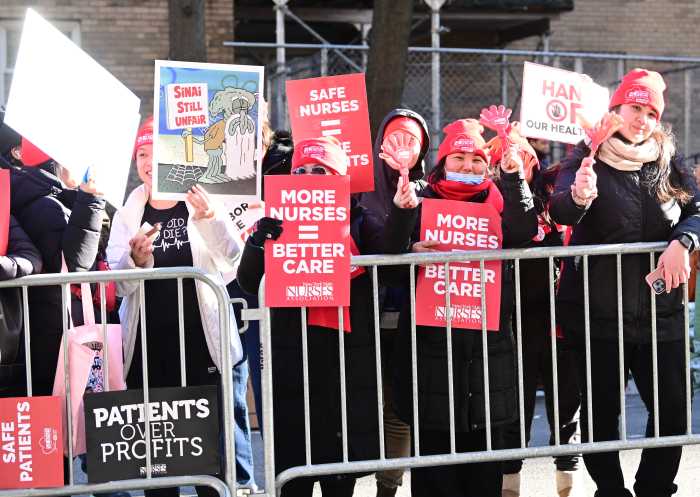The Chinese government has hit back at Secretary of State Marco Rubio for suggesting to Caribbean leaders that they should be careful with the trade and economic companies they keep, as he recently took a broad swipe at China’s growing influence in the region.
During a meeting with leaders of the Eastern Caribbean and The Bahamas in Washington last week, Rubio had urged the group to “make responsible, transparent decisions when selecting vendors and contractors for critical infrastructure projects, ensuring they are not vulnerable to privacy and security risks and exploitation by malign actors like the Chinese Communist Party.”
Irked by the statement, the Chinese Embassy in The Bahamas contended that both nations are sovereign and are free to make independent decisions about which nations they choose to be friendly with, noting that “China supports The Bahamas to diversify its partnerships, which serves its national interests. China does not pursue exclusive blocs, geopolitical rivalry, or camp confrontation, nor does it force any country to take sides. We welcome all nations to sincerely increase their investment in The Bahamas, and to pursue cooperation with The Bahamas based on equality and mutual benefit.”
Rubio’s statement during the meeting with the leaders was consistent with the Department’s approach to China-Caribbean relations ever since the Trump administration took office in late January, as it has railed against China’s growing influence in the region and the increasing presence of large Chinese state firms swallowing up infrastructural project opportunities in the Caribbean.
China has major infrastructural projects in many of the 15 nations in the region, including Jamaica, Guyana, Suriname, and some countries in the eastern Caribbean. It has also extended loans to governments under its Belt and Road Initiative, angering the US, which has admitted to periodic neglect of its so-called Third Border over the decades. Chinese companies also own several mega hotels and other projects in the Bahamas, including a key port facility near the US mainland.
Confirming the US’s growing obsession with China’s increasing influence in the region, Bahamian Prime Minister Phillip Davis said his multi-island nation will do its best to avoid being caught in the middle of tensions between the two superpowers.
“Each of them is a sovereign nation. They are the giants. We are small island development states, and we are not going to get involved in their issue. Secretary Rubio encouraged all leaders present to avoid choosing infrastructure partners who could pose security or data privacy risks, a point we take seriously,” he had told reporters after returning from the summit.
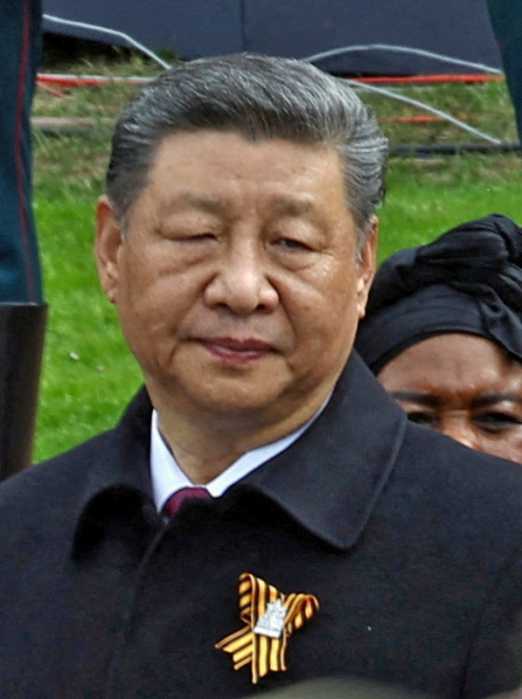
The row between the two came days before this week’s China-Latin American Summit opened in Beijing, with the government extending a $9.2 billion loan to attending nations. However, the money will not be in American dollars but in the Chinese yuan currency President Xi Jinping announced at the opening ceremony. “Although China lies far from the Latin American and Caribbean region, the two sides have a time-honored history of friendly exchanges,” he noted.


